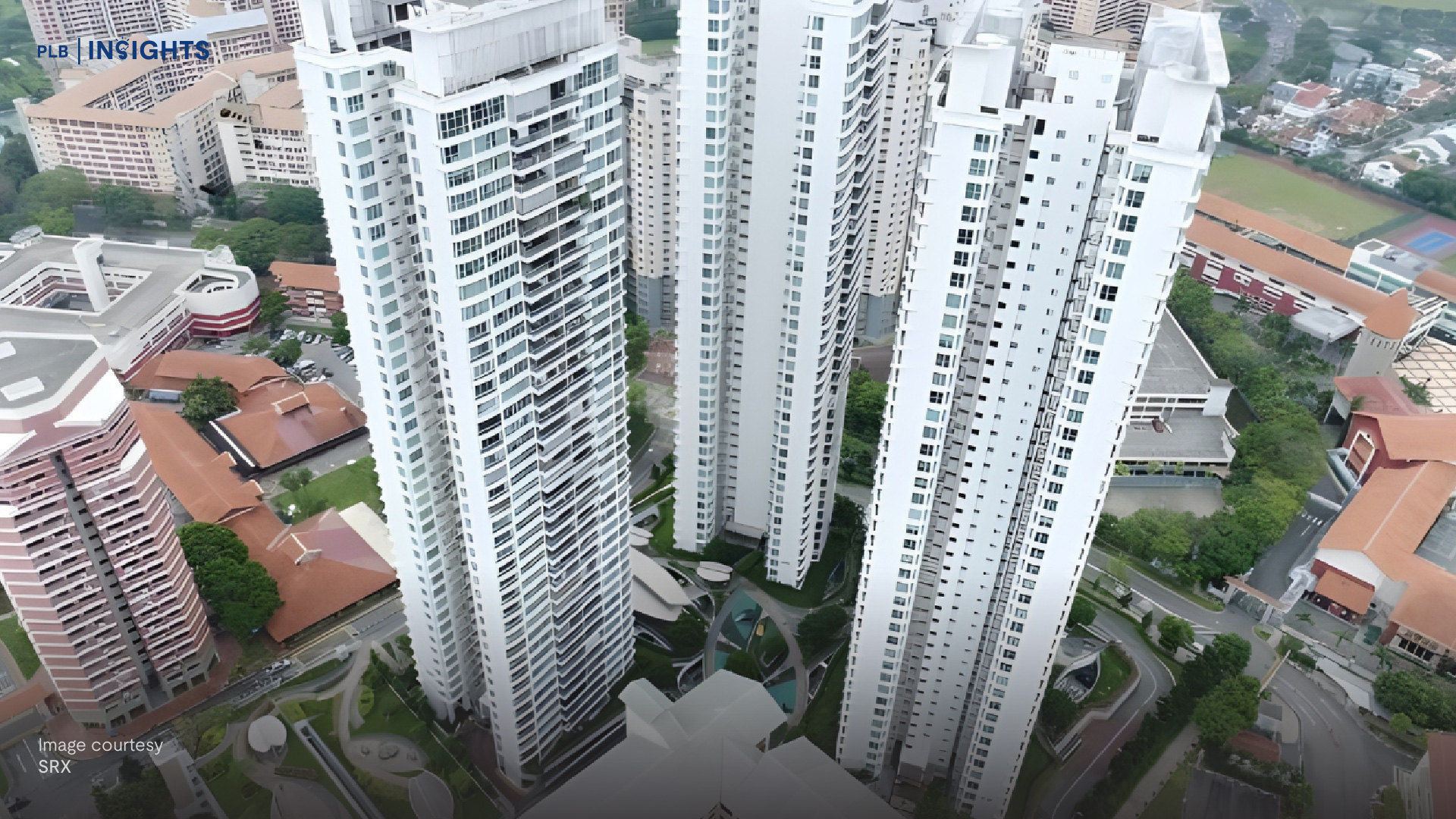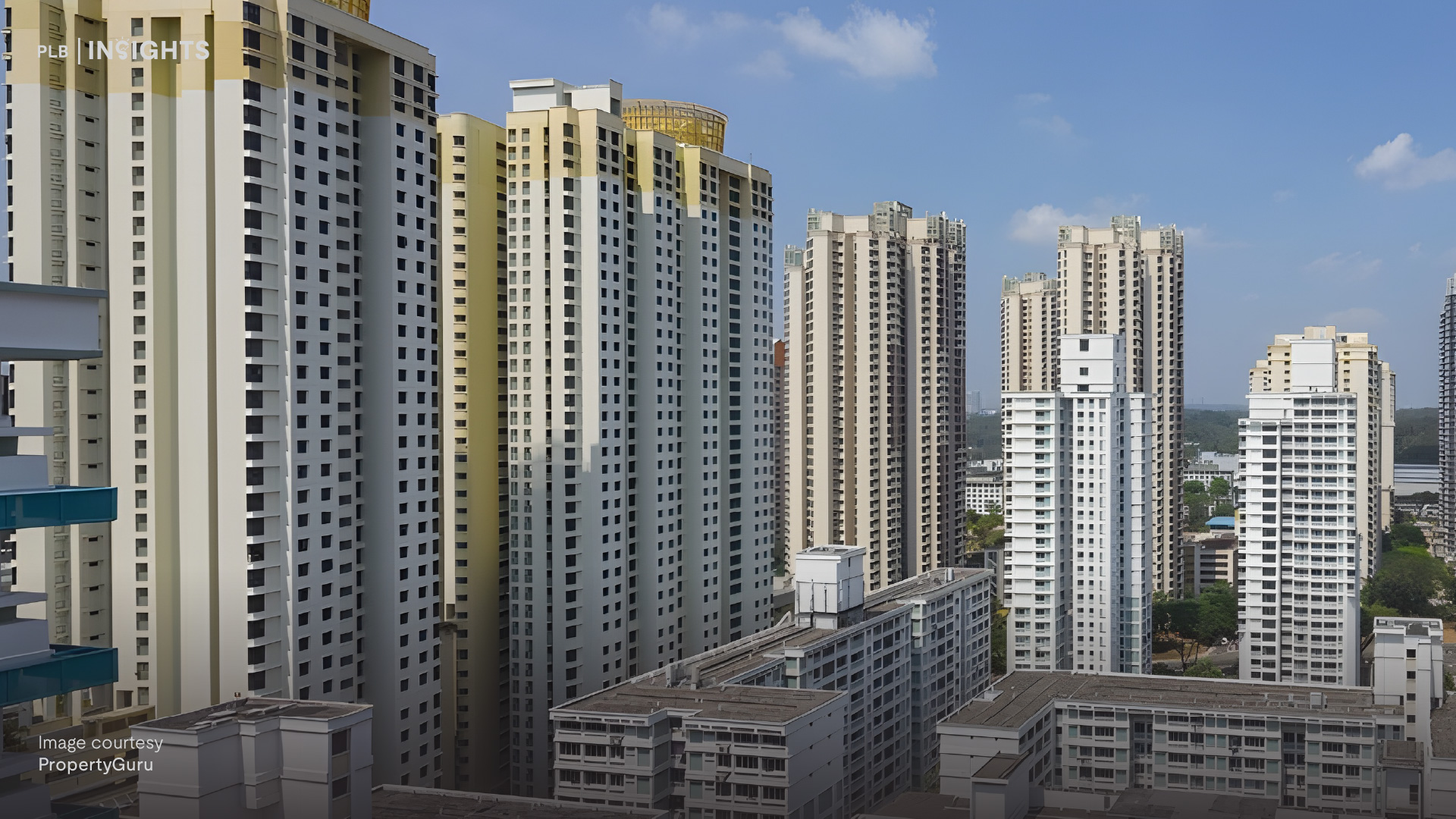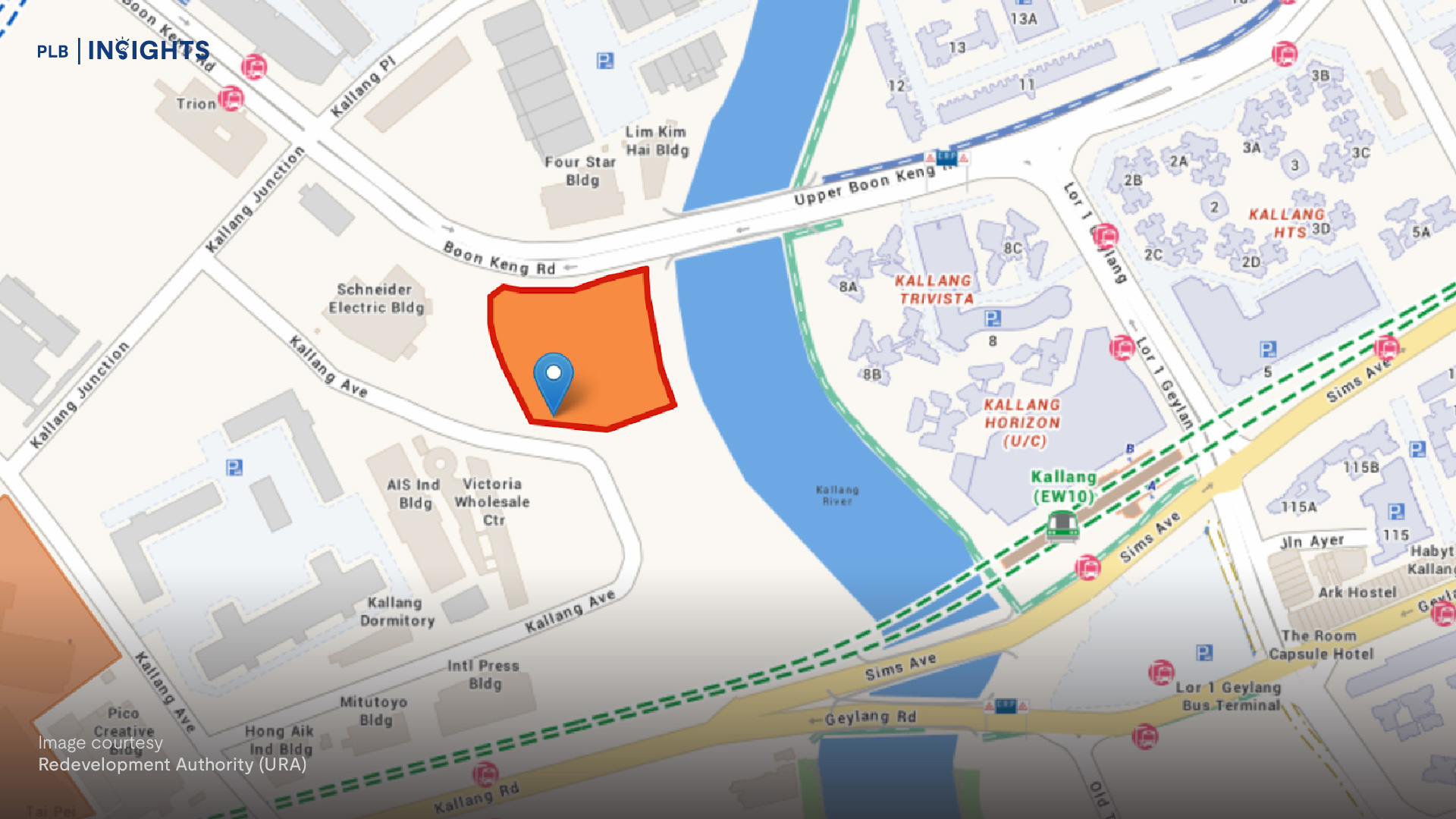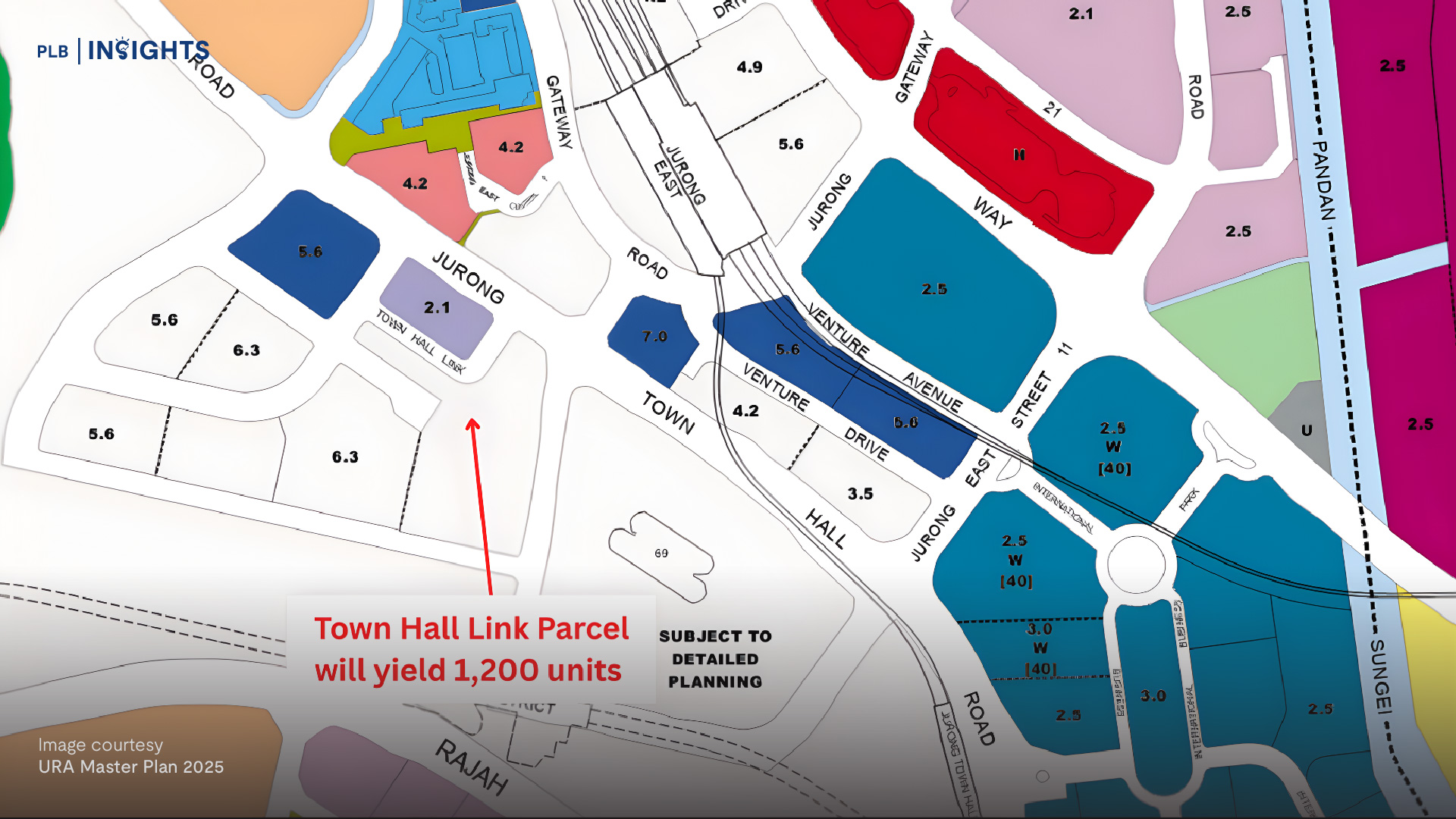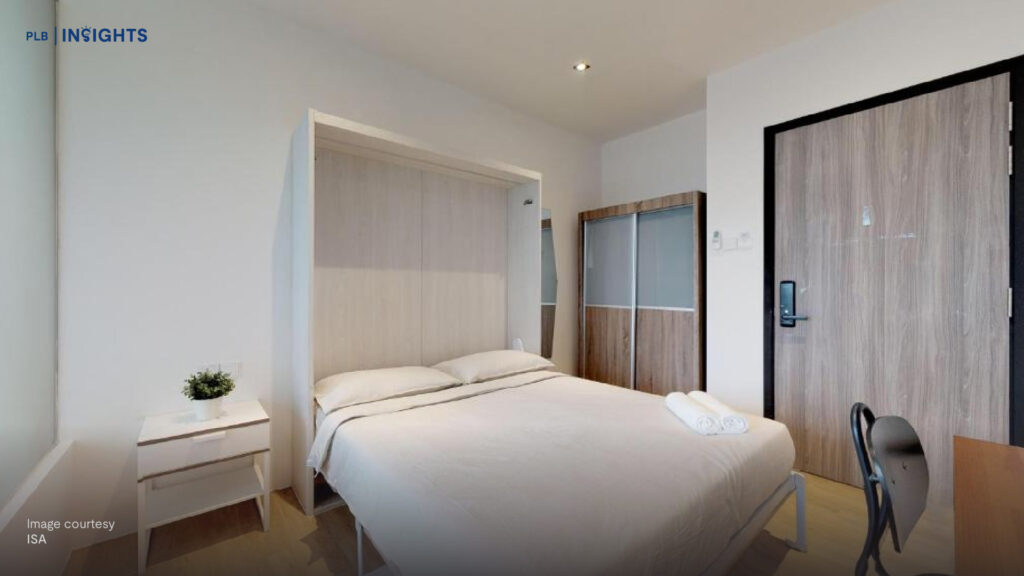
Singapore – In a high-profile case that underscores Singapore’s firm stance on safeguarding the residential nature of its housing landscape, International Service Apartments (ISA) has been charged for allegedly offering illegal short-term stays at private residences. The Urban Redevelopment Authority (URA) announced that ISA, along with three senior company officials, face a total of 28 charges under the Planning Act for unauthorised use of residential properties.
The individuals charged include 38-year-old Piao Xianfen, the company’s Deputy CEO, and two directors—Peter Liu Tak Ming, a Hong Kong national and Singapore permanent resident, and Lee Ming Fong, a Malaysian national and Singapore PR.
According to court documents, the breaches involve leasing residential properties at durations shorter than what Singapore law permits, despite ISA advertising a minimum lease period of three months on its corporate website.
The affected properties are located in prime city-fringe and suburban locations, including West Coast Walk, Stirling Road, Thomson Road, Commonwealth Avenue, Alexandra Road, and Dover Rise. ISA, which also manages listings at Raeburn Park, Clavon (Clementi), and 26 Newton (near Orchard), operates corporate accommodation services in both Singapore and Shanghai.
“This is to prevent frequent turnover of transient occupants, which changes the residential character of a property and could negatively impact neighbouring residents,” the URA emphasised in a media statement released on Tuesday.
Authorities have stated that such unauthorised private residential short stays pose a disruption to the residential environment and change the character of neighbourhoods. URA reiterated that the aim of these regulations is to prevent frequent turnover of transient occupants, which could lead to security concerns, increased noise, and reduced communal stability.
Rental Regulations & Penalties in Singapore
Singapore’s laws impose strict requirements for renting out both private residential and public (HDB) properties. The table below outlines the legal minimum lease periods and associated penalties:

The Minimum Occupation Period (MOP) for HDB flats is typically five years, during which owners are prohibited from renting out the entire flat. Even after fulfilling MOP, owners must obtain explicit approval from HDB before leasing. Any tenancy below six months is strictly prohibited. For private residential properties, a minimum rental duration of three consecutive months applies, and short-term stays in such units are deemed illegal under the Planning Act.
A Closer Look at Recent Enforcement and Trends
This latest case adds to a growing list of enforcement actions taken against illegal short-term accommodation operators in Singapore.
Between 2019 and mid-2024, URA and HDB reported a total of 71 offenders penalised for similar breaches. Of these, 64 were fined for short-term leasing of private residential units, while 15 individuals were prosecuted in court. The steady pace of enforcement reflects Singapore’s commitment to preserving the integrity of its residential zones amidst global trends favouring flexible living arrangements.
The charges come amid ongoing concerns over unregulated listings on platforms like Airbnb, where investigations have uncovered units advertised for as few as 2 to 3 nights, despite regulatory prohibitions. These practices not only violate national laws but also undermine community well-being and the established norms of shared residential spaces.
Market Perspective: Regulatory Certainty Essential for Investors and Operators
This case sends a cautionary signal to the real estate and serviced apartment sectors. While demand for short-term, flexible housing continues to grow—especially from expatriates, digital nomads, and business travellers—Singapore’s legal framework remains decisively conservative. Investors, landlords, and operators must ensure full regulatory compliance to avoid penalties and reputational damage.
The case also brings renewed attention to the evolving boundaries between residential use, co-living concepts, and commercial hospitality. While some developers are exploring purpose-built co-living projects under approved commercial zoning, this model requires careful legal structuring and planning authority oversight.
Conclusion
This case marks yet another turning point in Singapore’s enforcement journey and a timely reminder to all stakeholders: residential properties are not to be used as transient accommodation unless fully compliant with planning regulations.

